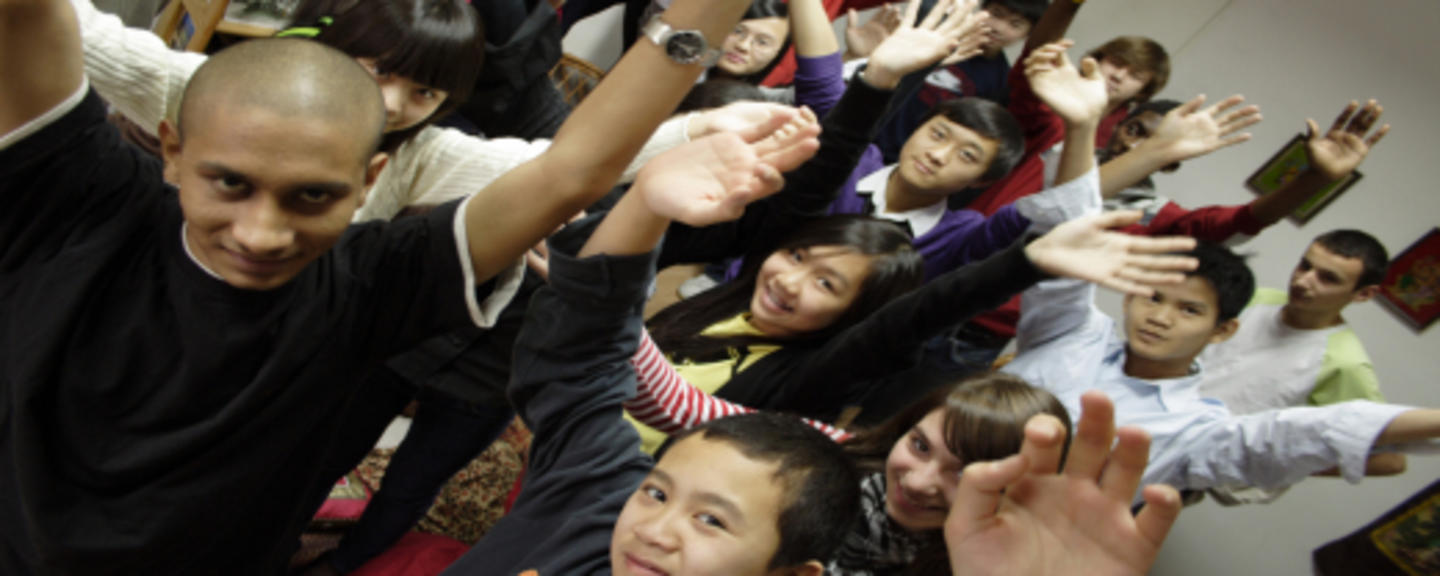So-called NGO funds are established in 12 countries under the EEA and Norway Grants. So far, 990 projects have been approved under the NGO funds in nine different countries, for an allocation worth more than €50 million. In addition, 71 larger projects receiving direct funding from the grant schemes are implemented by NGOs. The total support to civil society organisations across Central and Southern Europe will exceed €130 million.
Poland is the country with the largest number of projects under the NGO funds, while the Czech Republic and Hungary also make up considerable portions of the total.
While a number of foreign donors have pulled out from EU's newest member states, Iceland, Liechtenstein and Norway have made significant parts of the EEA and Norway Grants available to non-governmental organisations (NGOs) across Central and Southern Europe. As other sources of funding have become scarce, the support from the three donor states has become all the more important.
Protection of the environment and sustainable development are among the main priorities of the funds. Approximately a third of projects under the NGO funds fall under this category. Among projects in this field are initiatives both in Poland and Slovakia seeking to educate children and the young on the value of an ecologically sustainable society.
Efforts to develop democracy and civil society organisations have received a boost thanks to the grants. In this sector, the fight against discrimination of minority groups is also a priority. Such initiatives include projects to further the integration of the Roma minority in several of the beneficiary states.
According to Bartosz Mielecki, head of unit at the Co-operation Fund Foundation, which manages some of the funds in Poland, the grants have had a significant impact on the development of civil society. "Especially the funding for small micro projects has been very valuable. Small newcomer organisations usually have a difficult time finding support", says Mr Mielecki.
